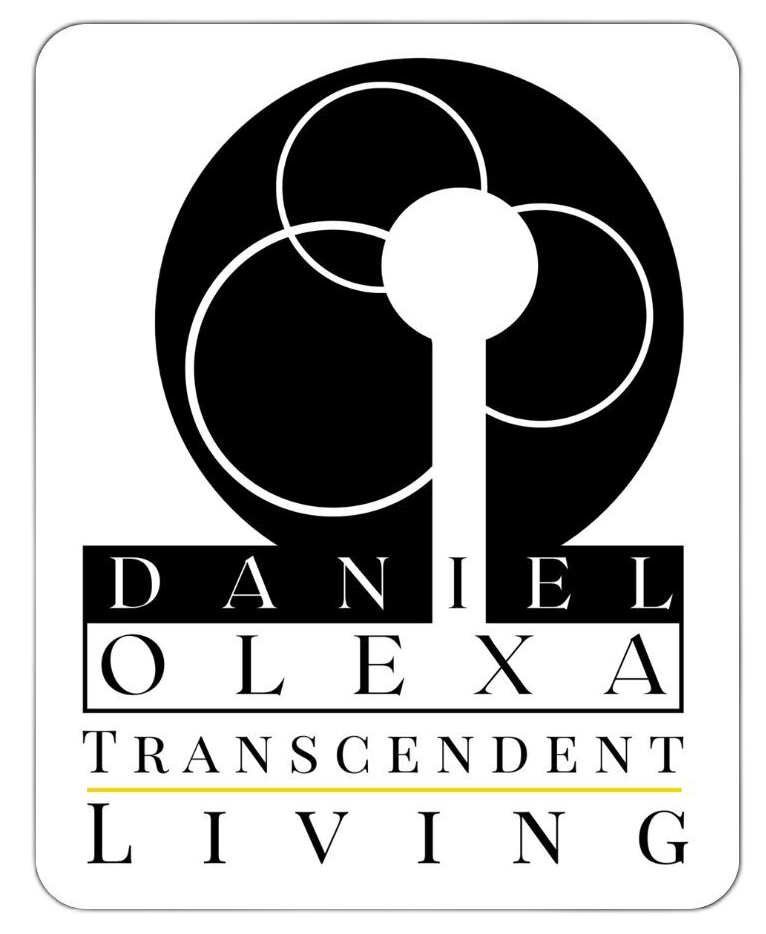How to Find Your Purpose in Life
The Importance Understanding Ikigai.
About five years ago, I was stuck.
I had lost my way, lost drive, and worst of all, I had lost my self.
I was trapped in a job that no longer served me. Oh, it paid well (that was part of the trap), but I didn’t enjoy going there anymore. In fact, it bothered me so much that it was affecting my health.
It was a painful time. I felt obligated to stay: It was a comfortable place to work and I enjoyed most of my co-workers; leaving meant starting over (scary!); and I had just gone through a very powerful upheaval in my personal life. I needed some time to heal before rocking any new, big changes.
In those moments, the imposter in my head told me I could not/should not/better not do anything that would upset anyone else.
It kept me thinking small. It kept me feeling bad for seemingly everything I did for myself.
It kept me obligated to others, rather than free to discover and be me.
During this time, there was another part of me that drove me to learn. It directed me toward self-improvement. That was the real me…it was quiet at first, but by listening closely, it got much louder.
And I became happier as it did.
What changed?
I discovered my ikigai, my purpose in life.
Honestly, I ignored the term the first time that I read it in Blue Zones by Dan Buettner. In that moment, it was just a concept from Okinawa.
Then, three days later, I read the same term in Isaiah Hankel’s brilliant book, Black Hole Focus. Here it wasn’t just a concept, Hankel showed me how to apply it to my life.
Every morning I asked myself, “Why am I going to this job that I hate?”
Of course, the first answer is always, “Because you have a mortgage and you need to eat.”
But that wasn’t it. I didn’t feel that answer. It was just surface shit to keep me small.
It took three weeks of consistent questioning before the real answer appeared. When it did, I felt it in my core, I started a new path for my life, and I have never looked back.
What is ikigai?
Ikigai is a concept from Okinawa. The approximate English translation is “The thing that gets you out of bed in the morning.’
It’s your purpose in life, the thing you enjoy doing that fulfills you, helps others, and potentially provides you with income.
How do we lose our sense of purpose?
Typically, we listen to the opinions of others about what we should do, rather than listening to our heart and doing what we’re passionate about.
When we follow a life path that others prescribe to us, we can lose our sense of self, particularly if that path leads us to some level of comfort either financially or in a relationship.
Then we start living with an obligation to continue the comfort, afraid of the perceived discomfort that exists outside of this familiar space.
I’ve said it before, and I will say it again: Comfort Kills Dreams.
How can you find your ikigai?
1. If you’re feeling stuck or lost, first start by asking yourself, “What do I want in life?”
That can lead you toward defining your goals.
2. Also ask yourself, “Why am I getting out of bed in the morning? What am I looking forward to doing today?”
The answer may not be immediately obvious, but it will come to you.
3. Hire a coach to help you through this process.
Sometimes it’s difficult to navigate a new path alone. We tend to fall back to what we know, how we’ve been before, but when we follow the old path, it does not lead us anywhere new.
What got you here, won’t get you there.
Have an accountability partner to help you move forward and see that new path to your success.
How can I help? Contact me today and start living your ikigai.

